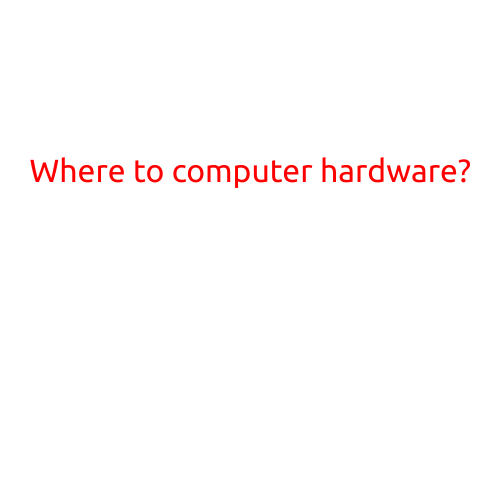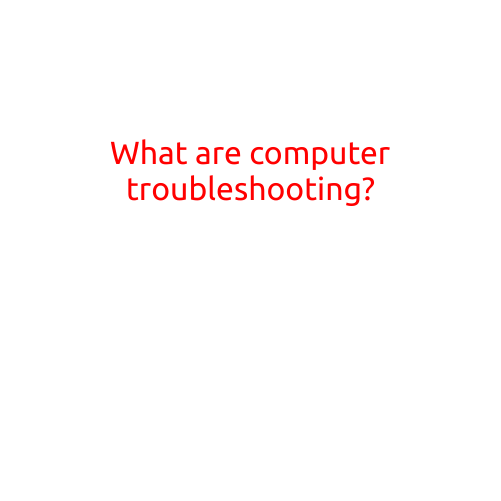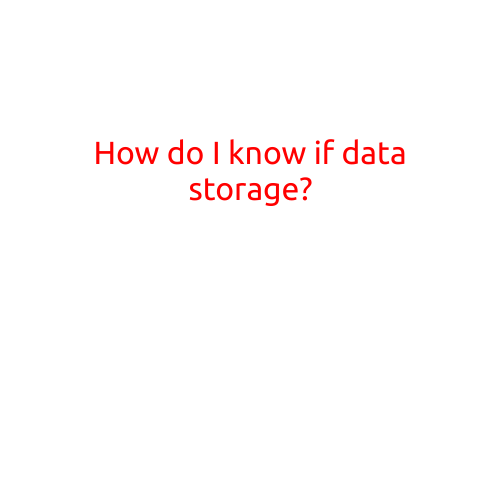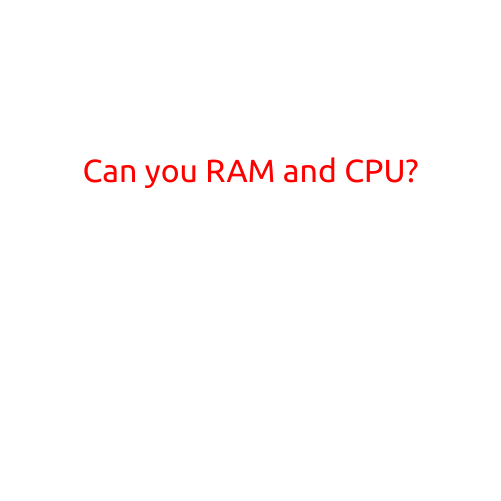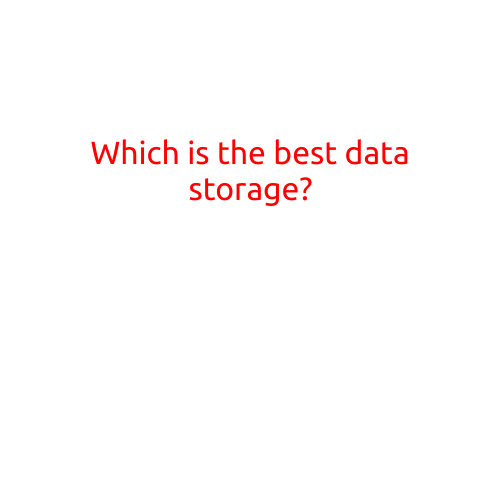
Which is the Best Data Storage?
In today’s digital age, data storage has become a crucial aspect of our daily lives. From storing personal files and photos to backing up important business documents, data storage has become a vital component of modern technology. With so many options available in the market, choosing the right data storage solution can be overwhelming. In this article, we’ll explore the different types of data storage, their advantages, and disadvantages to help you make an informed decision.
Types of Data Storage
- HDD (Hard Disk Drives)
HDDs are traditional data storage devices that have been around for decades. They use spinning disks and mechanical heads to read and write data. HDDs are relatively inexpensive, but they can be slow and prone to mechanical failure.
Advantages: Affordable, widely available Disadvantages: Slow, prone to mechanical failure, generates heat
- SSD (Solid-State Drives)
SSDs are a newer type of data storage that uses flash memory to store data. They are much faster and more reliable than HDDs, but also more expensive.
Advantages: Fast, reliable, low power consumption Disadvantages: Expensive, limited capacity
- Cloud Storage
Cloud storage is a network-based storage solution that allows you to store data online. It’s a popular option for people who need to access their data from multiple devices.
Advantages: Accessible from anywhere, scalable, secure Disadvantages: Dependent on internet connectivity, limited control over data
- Flash Drives
Flash drives are small, portable storage devices that use flash memory to store data. They are a popular option for transferring files between devices.
Advantages: Portable, easy to use, affordable Disadvantages: Limited capacity, prone to physical damage
Comparison of Data Storage Options
| Storage Type | Capacity | Speed | Cost | Durability | Portability |
|---|---|---|---|---|---|
| HDD | Large | Slow | Affordable | Moderate | Limited |
| SSD | Large | Fast | Expensive | High | Limited |
| Cloud | Unlimited | Fast | Affordable | High | Unlimited |
| Flash Drive | Small | Fast | Affordable | Low | High |
Conclusion
Choosing the best data storage solution depends on your specific needs and preferences. If you prioritize speed and reliability, SSDs may be the best option. If you need to store large amounts of data and have a limited budget, HDDs may be the way to go. Cloud storage is a good option if you need to access your data from multiple devices. Flash drives are perfect for transferring files between devices.
Ultimately, the best data storage solution is one that balances speed, capacity, cost, durability, and portability. By considering these factors, you can make an informed decision and protect your valuable data.

